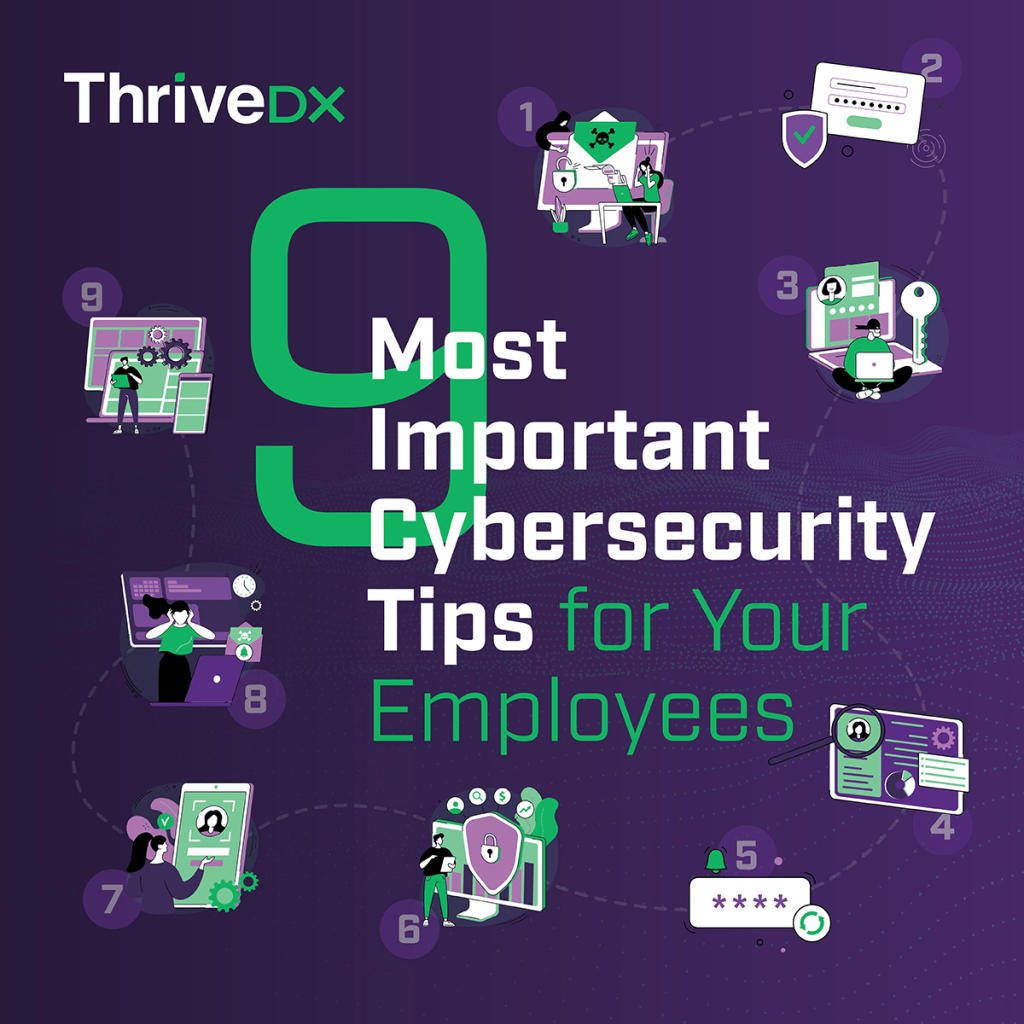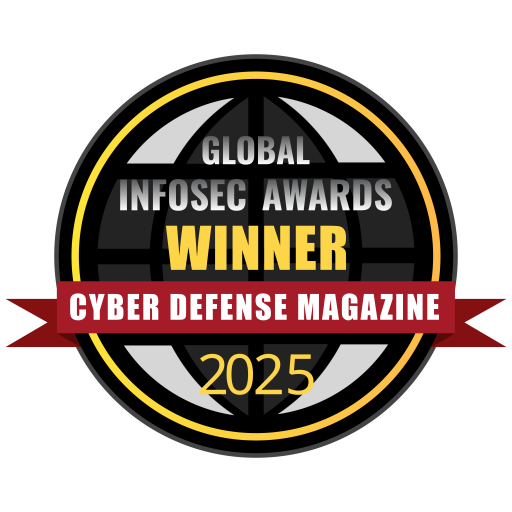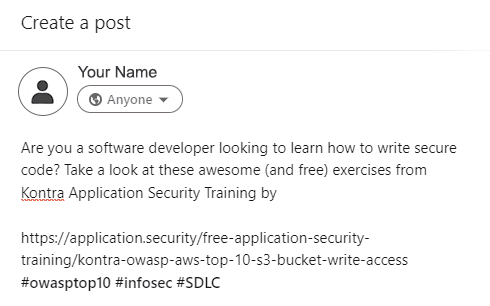9 Most Important Cybersecurity Tips for Your Employees
- Cayley Wetzig, Head of Marketing Communications
Cybersecurity is an increasingly important part of business operations. Companies must take the necessary steps to protect their data and systems as technology evolves. Educating your employees on cybersecurity best practices is an effective way to accomplish this. You can ensure your business’s security and protect your company’s data by implementing the ten most important cybersecurity tips for employees.
These tips are essential for keeping your business safe, from using strong passwords to recognizing phishing emails. By following these simple tips, your employees can help keep your business safe from cyber threats.

1. Clicking Without Thinking Is Reckless
The general population pays no heed when clicking a link from an email or a website. But with cyber criminals becoming more sophisticated, it’s essential to think before you click.
Clicking without thinking is reckless and can lead to problems, from downloading malware to revealing personal information. You can stay safe online by following these tips:
- Never accept unsolicited emails and links unless they come from a reliable source. If you’re not expecting an email from someone, don’t click on any links.
- Hover over links to see where they’re taking you. Many cyber criminals use “link bait” – enticing links that take you to malicious websites.
- Be sure to keep your security software up-to-date and regularly scan your device to stay protected from the latest threats.
- Be careful what you post online. Criminals can use information like your home address or date of birth for identity theft or other scams.
Cybercrime can be avoided by following these simple tips. For more cybersecurity training, read on.
2. Use Two-Factor Authentication
Organizations increasingly rely on technology in the digital transformation era to drive their business operations. Protecting sensitive data and critical systems from cyber-attacks is more crucial than ever.
An effective way to guard against cybersecurity risks is to use two-factor authentication. Using two-factor authentication provides an additional layer of protection when users need to log in and access information, which may include sensitive information.
There are several types of 2FA, but the most common is using a password in combination with a one-time code generated by an authenticator app. Even if a hacker obtains a user’s password, they cannot access their account without the code.
2FA is an essential security measure for any organization that relies on technology and should be mandatory for all employees. Using 2FA, organizations can dramatically reduce their risk of being breached by cyber-criminals.
3. Look Out for Phishing Scams
Cyber-attacks like phishing scams are pretty standard. Attackers typically use email to carry out these attacks by sending a fake email with a link or attachment that seems legitimate but is malicious. Phishing emails often contain typos or other irregularities that can be used to identify them as fake.
Organizations can protect themselves from phishing attacks by implementing a comprehensive email security solution that includes spam filtering, malware scanning, and user education. Moreover, staff should be trained in identifying phishing emails and how to report them.
Read this for the best security awareness training for employees.
4. Tell Your Employees to Keep Track of Their Digital Footprints
Have you heard about the cyber threats that stem from someone stalking a person’s LinkedIn, Facebook, Instagram or Twitter account? In my personal network or maybe even you have found in yours, I’ve seen a lot of posts on Facebook that say, “If someone claiming to be me requests you as a friend, report them! It’s not me!”. If it hasn’t happened to you or someone you know, you’re lucky. Why does this happen?
Most people are unaware of the digital footprint they leave behind them as they go about their daily lives. A digital footprint is the data collection left behind due to our online activity. This data can include everything from the websites we visit to the things we search for online. Our digital footprints can build a picture of who we are, what we like, and even where we live.
Having your employees review their digital footprint can help them from being hacked. For example, people in North Korea have been stealing LinkedIn profile information and applying for jobs. Additionally, your employees’ digital footprint can be accessed by hackers who could use the information to steal their identity or commit other crimes.
It’s a good idea for them to protect their digital footprint. If you share this blog with them, tell them to:
- Be aware of the information you share online: think carefully about your personal information on social media and other websites. Only share information that you are comfortable with sharing publicly and remember, it can all be used to create “user profiles”.
- Use strong passwords: ensure that all your online accounts are protected with passwords that hackers cannot easily guess.
- Keep your software up to date: install security updates for your operating system and other software as soon as they become available. This will help to protect you from new security threats.
- Trust your gut- if you click a link and it is asking you for information because you won something and it seems “too good to be true”, it probably is.
5. Keep Up With Updates
By keeping their software up-to-date, organizations can protect themselves against cyber-attacks. Security patches in software updates help close vulnerabilities that attackers may exploit. That is why we should also train our employees to recognize phishing emails and be ready to report them.

6. Connect Securely
When connecting to the internet, whether at home or work, it’s important to do so securely. To ensure your connection is secure, follow these steps:
– Use a VPN: You can prevent cyber criminals from eavesdropping on your web traffic by using a VPN or virtual private network.
– Use a trusted network: Only connect to networks that you trust. Public Wi-Fi hotspots can be particularly vulnerable to attacks, so avoid them if possible.
7. Secure Your Mobile Device
As our lives move increasingly online, it’s more important than ever to ensure our devices are as secure as possible. Here are some tips to help your employees keep their mobile devices safe:
- Use a strong password.
- Keep your operating system and apps up to date.
- Only download apps from trusted sources.
- Don’t Root or jailbreak your device.
- Use a VPN when connecting to public Wi-Fi networks.
- Keep an eye out for suspicious activity on your device.
- Report any lost or stolen devices to your IT department immediately.
- Encrypt your device if it contains sensitive information.
8. Beware of Social Engineering
In cybersecurity, social engineering refers to manipulating people into doing things or sharing information they otherwise wouldn’t. It’s an attack that relies on human interaction and can be very difficult to detect and defend against.
The most common social engineering methods include phishing emails, fake websites, and telephone scams. Attackers will often pose as legitimate persons or organizations to trick their victims into disclosing sensitive information or carrying out an action they wouldn’t normally do.
Awareness of social engineering attacks is one of the best ways to protect yourself. If you get a random, unsolicited email from someone you don’t know, or if a website appears malicious, tell your IT department or security team about it. Please don’t give out personal information or login credentials to anyone unless you are sure they are who they claim to be.
9. Backup Your Data
Protecting yourself against cyber-attacks starts by backing up your data. If your data is lost or stolen, you can lose years of work, important documents, and irreplaceable photos. Backups can be made in various ways, and you should choose a method that suits your needs.
One popular way to back up data is to use an external hard drive. External hard drives are relatively inexpensive and easy to use. You can store all of your essential files on the external hard drive and keep them in a safe place. Another option is to use cloud storage. Cloud storage is an excellent option if you need to access your files from multiple devices or if you want to share them with others. There are many different cloud storage providers, so be sure to choose one that offers features that meet your needs.
If you have sensitive data that you need to protect, consider encrypting your backups. During encryption, readable data is converted into unreadable code. This ensures that the attacker cannot access the data even if your backup is lost or stolen. There are many different encryption methods available, so be sure to choose one that is right for you.
No matter what method you choose, you must back up your data regularly. Ensure your data is always protected by setting up a schedule and sticking to it.
You're Not Immune
You’re not immune to social engineering attacks just because you’re aware of them. Attackers are constantly coming up with new ways to carry out these attacks, and they’re becoming more and more sophisticated. Even if you’re vigilant, there’s no guarantee that you won’t fall victim to a social engineering attack.
So plan ahead if you become the target of an attack. You should have a process for reporting suspicious activity and know who to contact if you suspect you’ve been compromised. And, of course, back up your data regularly so that you can recover if your systems are breached.
Following these simple tips can help you protect yourself against social engineering attacks. But remember, even if you take all the necessary precautions, there’s no guarantee that you won’t be targeted. So stay alert and be prepared.
Conclusion: Cybersecurity Tips For Employees
As an employer, it’s crucial to ensure your employees are up-to-date on the latest cybersecurity threats and tips. Implementing these nine cybersecurity tips for employees in your workplace can help keep your business safe from attacks.
Protect your organization’s infrastructure with ThriveDX’s application security training and security awareness training today.
Protect Your Organization from Phishing
Explore More Resources
- Article, News
- Article, News
- Article, News
- Article, Blog
Your Trusted Source for Cyber Education
Sign up for ThriveDX's quarterly newsletter to receive information on the latest cybersecurity trends, expert takes, security news, and free resources.

